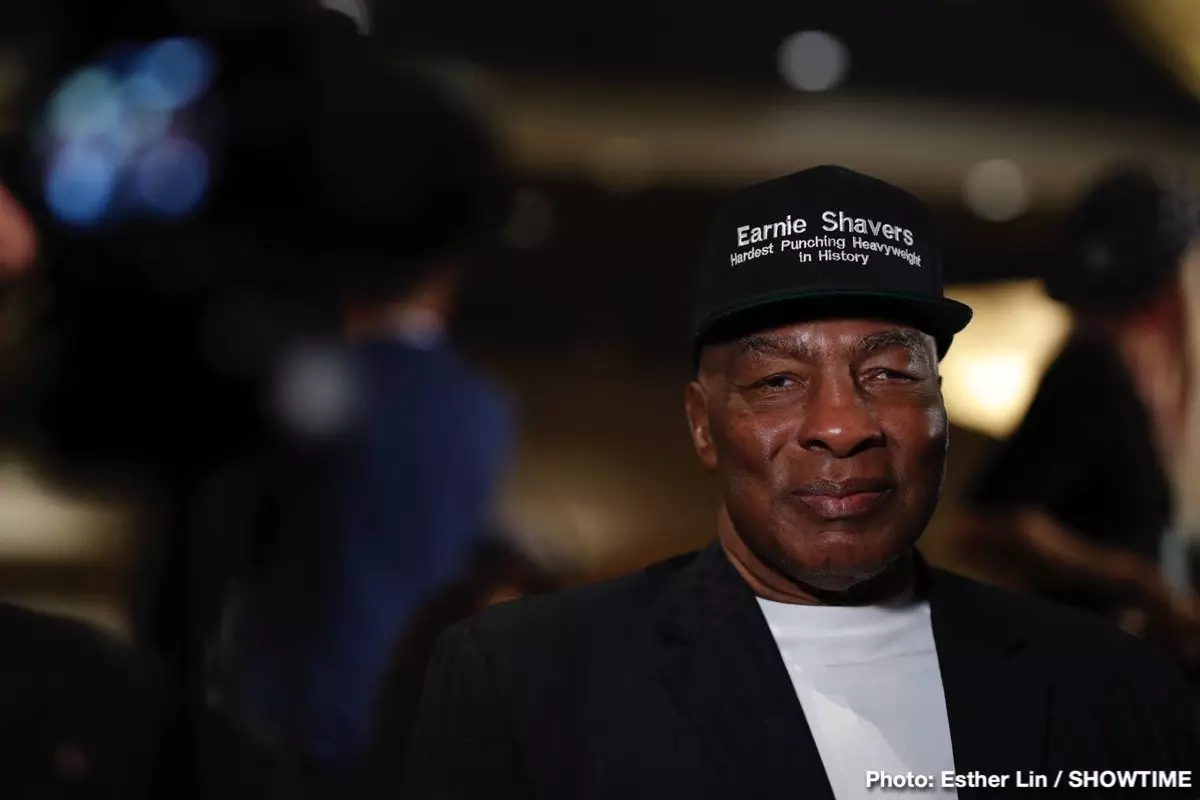Jimmy Young, a name that may not resonate with casual boxing fans, symbolizes the heart and resilience often overshadowed by flashier giants of the sport. Born in Philadelphia, Young’s career stands out as a testament to both talent and misfortune, showcasing the narrative of a fighter whose skills were frequently undermined by the judging criteria of his time. Throughout his tumultuous journey, Young fought not only opponents in the ring but also the systemic barriers that kept him from attaining the acclaim he so richly deserved.
The Burden of Expectations: Early Career Challenges
Young’s journey commenced with promise but quickly evolved into a tale of uphill battles. With a brief yet impactful amateur career that included a victory at the New Jersey Golden Gloves, he transitioned to the professional arena, where challenges awaited. Even in his formative years as a fighter, he faced seasoned opponents such as Roy Williams and Randy Neumann, who exposed the vulnerabilities of a young fighter still discovering his identity in the boxing world. The relentless pursuit of success met with adversity set a recurring theme throughout Young’s career. His initial struggles foreshadowed a future that would see him continuously thwarted by external factors.
Young’s defeat to Earnie Shavers—a daunting heavyweight known for his knockout power—was but a harsh initiation into the unforgiving realm of professional boxing. At just 22, he found himself grappling not just with a formidable opponent but also with the mental toll of doubt and insecurity that often plagued fighters in their early years. These losses, serving as drastic turns in his career path, did not extinguish Young’s fighting spirit; instead, they ignited in him a relentless desire to prove his worth.
Rising Above: The Search for Recognition
Following his sobering losses, Young’s interactions with boxing legend Joe Frazier were pivotal. Training alongside a champion allowed him to refine his skills, fortifying his confidence as he began to carve out a niche for himself in the heavyweight division. Unfortunately, this period of rebirth would soon be marred by a pattern of controversial decisions and what can only be described as blatant robberies.
The rematch against Shavers exemplified this struggle. Young’s performance showcased his boxing prowess, with his ability to adjust and rally back after being knocked down in the fourth round. His commanding display during the second half of the fight, however, was met with an unjust draw, a decision that would become emblematic of his career. This robbing of a well-deserved victory would not be an isolated incident, as Young would find himself on the wrong end of a decision time and time again.
Perhaps one of the most notable chapters in Young’s career came with his matchup against the legendary Muhammad Ali. In a fight where Ali was far from his prime, having struggled with both motivation and weight, Young presented a fierce tactical challenge. Although Ali ultimately triumphed, many observers opined that Young had done enough to secure the win, reinforcing the narrative of misfortune that pervaded his career.
What should have been a golden opportunity for Young to further elevate his status instead morphed into yet another alleged robbery. This fight was not just pivotal in his career; it was significant historically, showcasing Young’s tenacity in the face of what many perceived as systemic biases in the sport. He emerged from the bout not just as a contender, but as a respected name, with heightened expectations laid upon his shoulders.
Amidst all the adversity, Young experienced what many consider the pinnacle of his career when he faced George Foreman in Puerto Rico. Against a backdrop of roaring anticipation, Young executed a masterful performance, one that would serve as the high-water mark of his achievements. He displayed not just resilience but an evolved boxing acumen that saw him navigating a grueling contest with finesse. A knockdown in the final round against such a seasoned opponent underscored his skill, leading to a unanimous decision that finally honored Young’s talent.
However, the fleeting nature of success was painfully apparent as he soon faced a loss to Ken Norton, emerging as yet another instance of a close decision that many felt was unjust. Such outcomes left an indelible mark on Young’s psyche, perhaps hindering his motivation and ambition as he ventured deeper into his career.
Young’s later years were marked by gradual decline and unfortunate misfortunes, both in and out of the ring. A record of 35-18-3 reflects not just his potential, but the sheer volume of fights that did not lead to the accolades expected of a fighter of his caliber. As he aged, Young found himself in dire financial straits, yet his contributions to boxing remained undeniable. Even in his final days, as he accepted a charitable gesture from Mike Tyson, the spirit of Young encapsulated the essence of perseverance.
Years on, Jimmy Young’s legacy stands as a poignant reminder of how the boxing world sometimes overlooks true talent. If given the proper recognition in today’s environment—with advanced techniques and broader opportunities—the prime version of Jimmy Young might have thrived against today’s boxing elites such as Oleksandr Usyk and Tyson Fury. While he may not have been a world champion, his journey through adversity remains an inspirational story worth remembering in the annals of boxing history.

